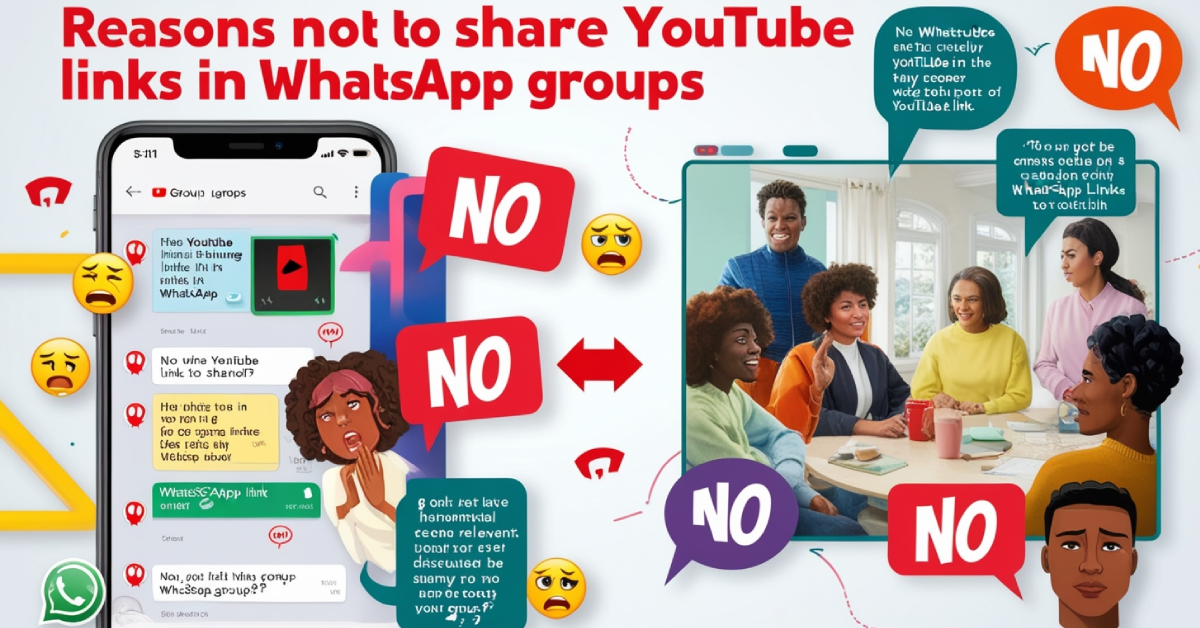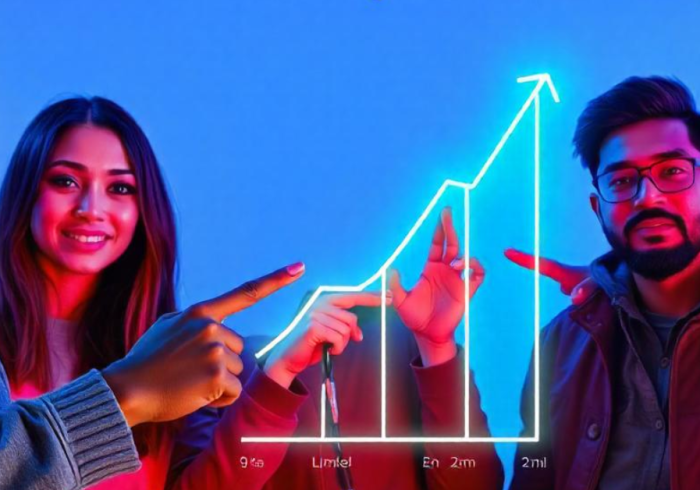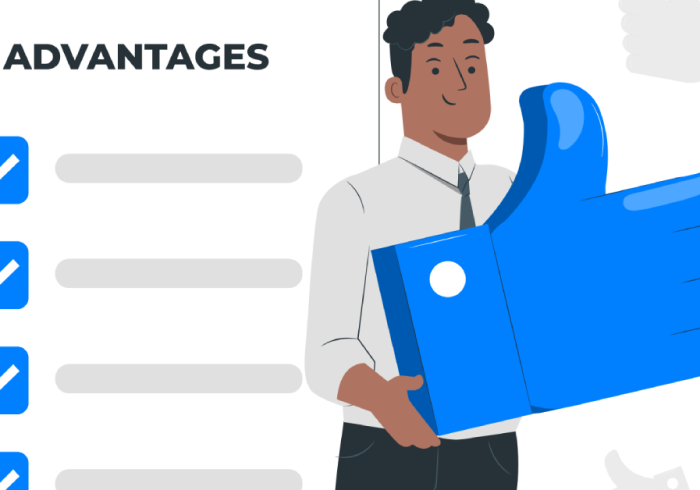Sharing YouTube links in WhatsApp groups may seem like an easy way to increase visibility for your videos, but it’s not always the most effective or strategic approach. While WhatsApp is a powerful messaging app with a large user base, it’s important to consider the potential downsides when using it to share YouTube content. Here’s a comprehensive look at why sharing YouTube links in WhatsApp groups is generally not recommended.
1. Limited Engagement and Interaction
One of the key metrics that YouTube’s algorithm uses to promote videos is engagement, which includes likes, comments, and shares. When you share a YouTube link in a WhatsApp group, the likelihood of receiving genuine engagement (especially comments) is much lower compared to sharing it on platforms designed for video sharing, like Facebook, Twitter, or even directly on YouTube itself.
- YouTube prefers direct interaction on the platform: Comments, likes, and shares on YouTube videos help increase visibility within YouTube’s algorithm. If people watch your video through a WhatsApp link, they’re more likely to consume the content and leave without interacting with the video on YouTube.
- No incentive for conversation: WhatsApp is primarily a messaging platform, not a video engagement platform. In most WhatsApp groups, the conversation revolves around text, not video. So, even if you share a YouTube link, members are unlikely to engage in meaningful ways (such as leaving comments or discussing the video’s content) on YouTube itself.
2. Click-Through Rate and Visibility Challenges
WhatsApp groups are closed environments, meaning the content shared within them isn’t visible to the wider public unless someone decides to forward it outside the group. This limits the reach of your content.
- Lower visibility: Sharing YouTube links in WhatsApp groups can result in a lower click-through rate because the audience in these groups is often more focused on personal or immediate communication rather than on exploring new content. Unless the group is highly targeted and interested in your specific content, most members are unlikely to click on the link.
- People ignore links: In fast-paced WhatsApp groups, links often get buried under new messages. As a result, even if you share a YouTube link, it might not get the attention it deserves simply because group members aren’t paying attention to it amidst other conversations.
3. Risk of Spam Perception
WhatsApp is designed for personal communication, and when you share links—especially to YouTube videos—repeatedly or indiscriminately in groups, there’s a risk that people will perceive your actions as spamming. If group members feel like they’re being constantly bombarded with YouTube links, they may start to ignore or block your messages, or even leave the group altogether.
- Annoyance factor: Over-sharing YouTube links without relevant context or without engaging the group can cause annoyance. In a personal group setting, members might feel that the space is being used for promotional purposes rather than for meaningful conversation.
- Potential group removal: Some WhatsApp groups, especially those with strict rules about spam or promotion, may remove members who repeatedly share links without permission or without contributing to the overall group conversation. If your links are perceived as irrelevant or disruptive, this can harm your reputation and reduce the effectiveness of using WhatsApp for promotion.
4. Limited Metrics and Tracking
When you share a YouTube link in WhatsApp, you lose out on valuable tracking information. Unlike sharing a link on social media platforms like Facebook or Twitter, where you can track how many people clicked on the link, how long they watched the video, and whether they engaged with it, WhatsApp doesn’t provide you with any of this insight.
- No analytics: When you send a YouTube link through WhatsApp, you can’t see how many people actually watched the video, whether they liked it, or whether they commented. These insights are crucial for understanding how well your content is performing and how you can improve in the future.
- Missed opportunities for optimization: Without detailed tracking, you miss opportunities to adjust your marketing strategy. If you don’t know which videos are being watched or how viewers are interacting with them, it’s harder to optimize your future content or sharing strategies.
5. No Viral Sharing Potential
WhatsApp is a great tool for private communication and one-on-one or small-group conversations, but it’s not built for viral sharing. On social media platforms like Twitter, Facebook, or Instagram, content can spread quickly if it’s engaging or shareable. When people watch a YouTube video and like it, they are more likely to share it with their own networks.
- Limited forwarding: WhatsApp allows people to forward messages, but sharing a YouTube link within a WhatsApp group does not create the same kind of “viral” effect that sharing a video on public social media platforms can. Videos shared on YouTube itself, or on social media platforms that are designed for sharing, have a much higher chance of reaching a broader audience and going viral.
- Lack of discoverability: YouTube videos shared via WhatsApp are not easily discoverable by other users outside the group. This severely limits your content’s potential to reach new viewers and grow your audience.
6. YouTube’s Algorithm Doesn’t Recognize WhatsApp Traffic
One of the most significant drawbacks of sharing YouTube links in WhatsApp groups is that it doesn’t directly contribute to the YouTube algorithm. YouTube’s algorithm prioritizes engagement on the platform, so views that originate from outside sources, like WhatsApp, aren’t as valuable as views that come from YouTube’s own recommendations or search results.
- External traffic doesn’t help your video’s rank: Views from WhatsApp don’t necessarily increase the likelihood of your video being recommended by YouTube, since those views don’t come from YouTube’s internal platform (e.g., recommendations, search, or trending sections).
- Limited interaction signals: When people watch your video through a WhatsApp link, they’re not interacting with the video on YouTube—there are no likes, comments, or shares. These interactions are crucial for increasing your video’s visibility within YouTube’s algorithm. Without them, your video’s performance can stagnate.
7. WhatsApp is More Personal, Not Promotional
WhatsApp is a platform meant for personal communication, family chats, work-related discussions, and small group interactions. Using it as a marketing tool can be seen as intrusive, especially if you’re sending links to people who might not have opted in to receive them.
- Inappropriate for promotional content: People generally don’t expect to receive promotional content in their private messages. Over-sharing YouTube links can harm your relationship with group members, especially if your content is not relevant to their interests.
- Lack of targeting: WhatsApp groups tend to have a broad and varied membership, making it difficult to target the right audience for your video content. Without a clear understanding of the interests of the group members, your videos may not resonate with them, resulting in little to no engagement.
The Risks of Sharing YouTube Links in WhatsApp Groups
While WhatsApp is a powerful communication tool, it’s not the best platform for promoting YouTube videos. It can limit engagement, reduce the chances of your content going viral, and negatively affect your reputation if you’re seen as spamming the group with links. Instead, focus on sharing your YouTube videos through platforms designed for video content discovery, like social media channels, YouTube communities, or even your own website. This way, you can ensure that your content reaches the right audience, generates valuable engagement, and contributes to growing your channel.



